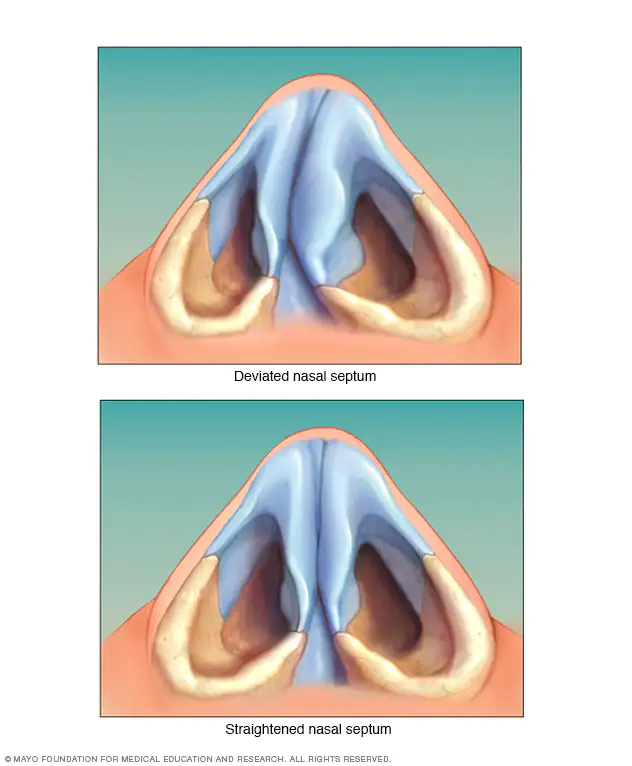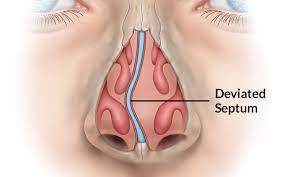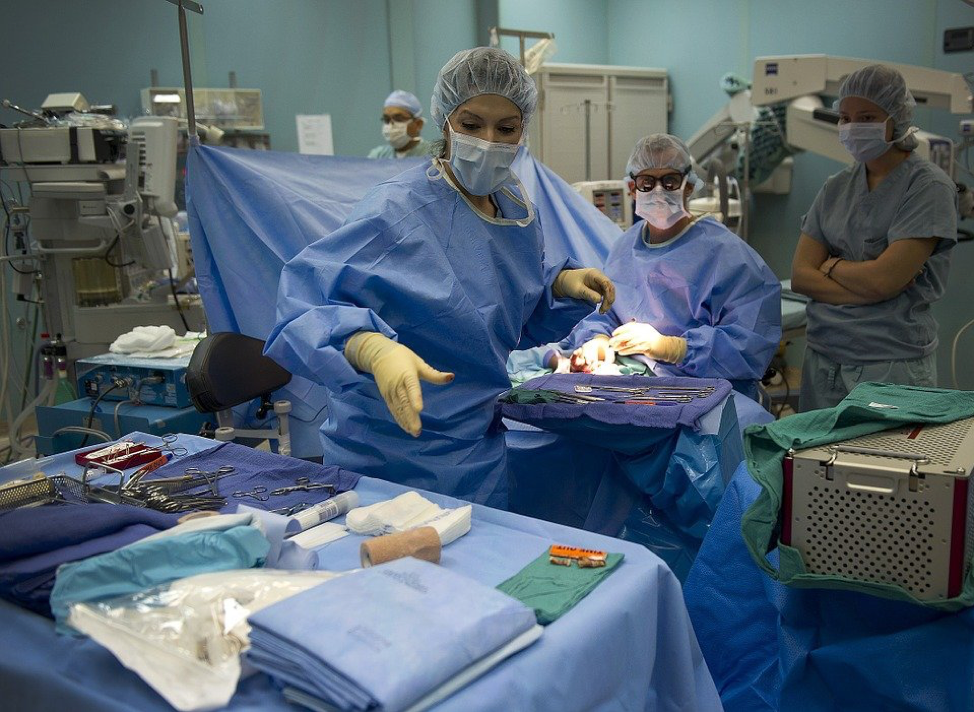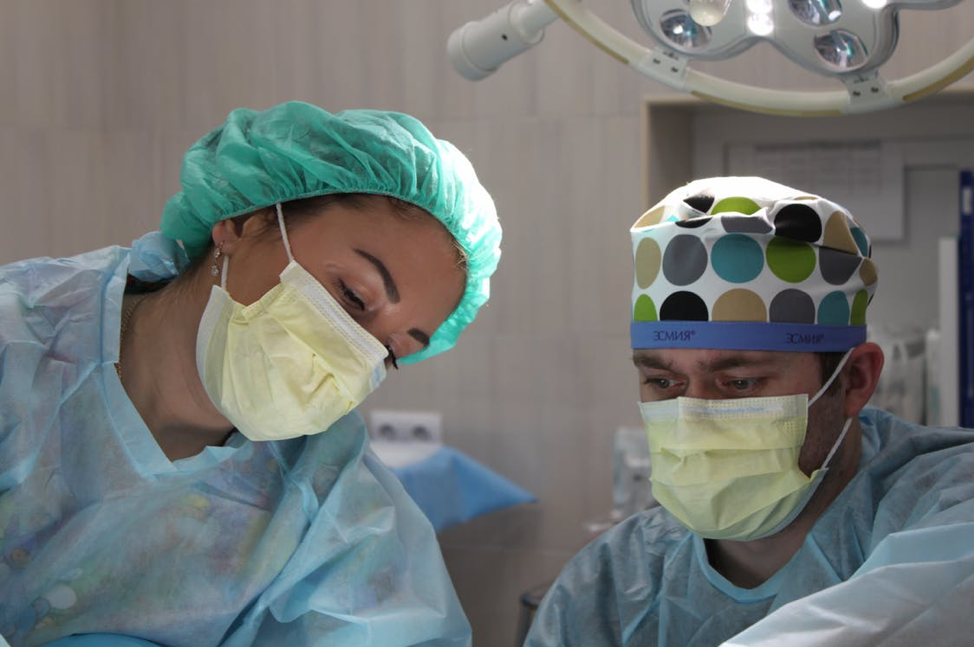The cartilage wall inside your nose is the septum. The crookedness of this wall to either side causes you to have a deviated septum.
Symptoms of Deviated Septum
In some cases, you may not find any symptoms of septal deformities and not even know that you have a deviated septum. However, if you have a deviated septum, here are some symptoms to identify it.
1. Nostril Blockage and Difficulty in Breathing
You may feel difficulty in breathing through one or both nostrils. If you have allergies or cold, you may notice blockage, narrowing, and swelling up of your nasal passage.
2. Nosebleeds
When the septum changes its position, its surface is prone to becoming dry, which increases the risk of nose bleeding. This happens because the curving of your septum is causing too much air to pass through your nose, resulting in the drying of the nose membrane. When there is a lack of moisture in your nose, it starts to bleed.
3. Facial pain
You may also feel one-sided facial pain when your deviated septum condition is severe.
4. Sleeping on a particular side
If one of the nasal passages is narrow, you may feel comfortable sleeping on only one side because that particular side makes breathing easy for you.
5. Nasal Congestion
You may feel a stuffy head as air does not flow when you have a deviated septum. This pressure can cause headaches. Furthermore, when your sinus feels extra pressure, it starts causing your face to feel pain and become sore.
6. Sinus Infections
The deviation of the septum makes one side of your nose prone to stuffiness. When there is excessive clogging, you are likely to develop sinus infections.
7. Snoring and Disrupted Sleep
A deviated septum can lead to snoring and loud noises while you sleep due to nasal congestion. You may also find it hard to fall asleep, or you will keep waking up because of breathing problems. In some severe cases, people may feel sleep apnea due to deviated sleep. In this condition, the breathing may completely stop while sleeping.
Causes of a Deviated Septum
Try closing your mouth and taking a deep breath. If you feel an affected airflow in one or both sides of your nostrils, you may be having a deviated septum.
More than one-third of the population is living with deviated septum because people don’t know much about this condition. It is notable to mention here that if you are not having any serious issues because of a deviated septum, you do not require any intervention.
Treatment
Managing symptoms
If you want the symptoms of the condition to go away quickly, you should get in touch with a doctor immediately. The doctor may prescribe one of the following.
1. Decongestants
Decongestants can help your nasal tissue by reducing swelling, which can eventually open your nostrils allow for free airflow. This medication is available as a pill or nasal spray. You should consult with your doctor on how to use the spray for effective results. While taking an oral dose of this medication, you may feel jittery. Also, it can make your heart rate and blood pressure go high.
2. Antihistamines
Antihistamines can help prevent symptoms of allergy and help you if you have a runny or stuffy nose. These medications can also help you with non-allergic conditions like the cold. The side effects of some antihistamines include dizziness. They may affect your physical activities related to coordination, such as driving.
3. Nasal Steroid Sprays
Nasal corticosteroid sprays can help reduce swelling and clear up your nasal passage, eventually helping with drainage. Follow the direction of your doctor while using this spray. The spray may take one to three weeks to show the maximum effect. Medications might not help you with the deviated septum condition, but they can treat the swelling of the mucous membrane.
Conclusion
Some people have a deviated septum from the day of their birth. Such deviation may be due to an injury during birth or fetal development. After birth, the common reason for a deviated septum is an injury that displaces your nasal septum.
If you are having trouble breathing or find any symptom of the deviated septum, you can contact us at 212-644-8350. Our ENT specialist, Dr. Michael Burnett, will help you if you are suffering from a deviated septum and its symptoms.











